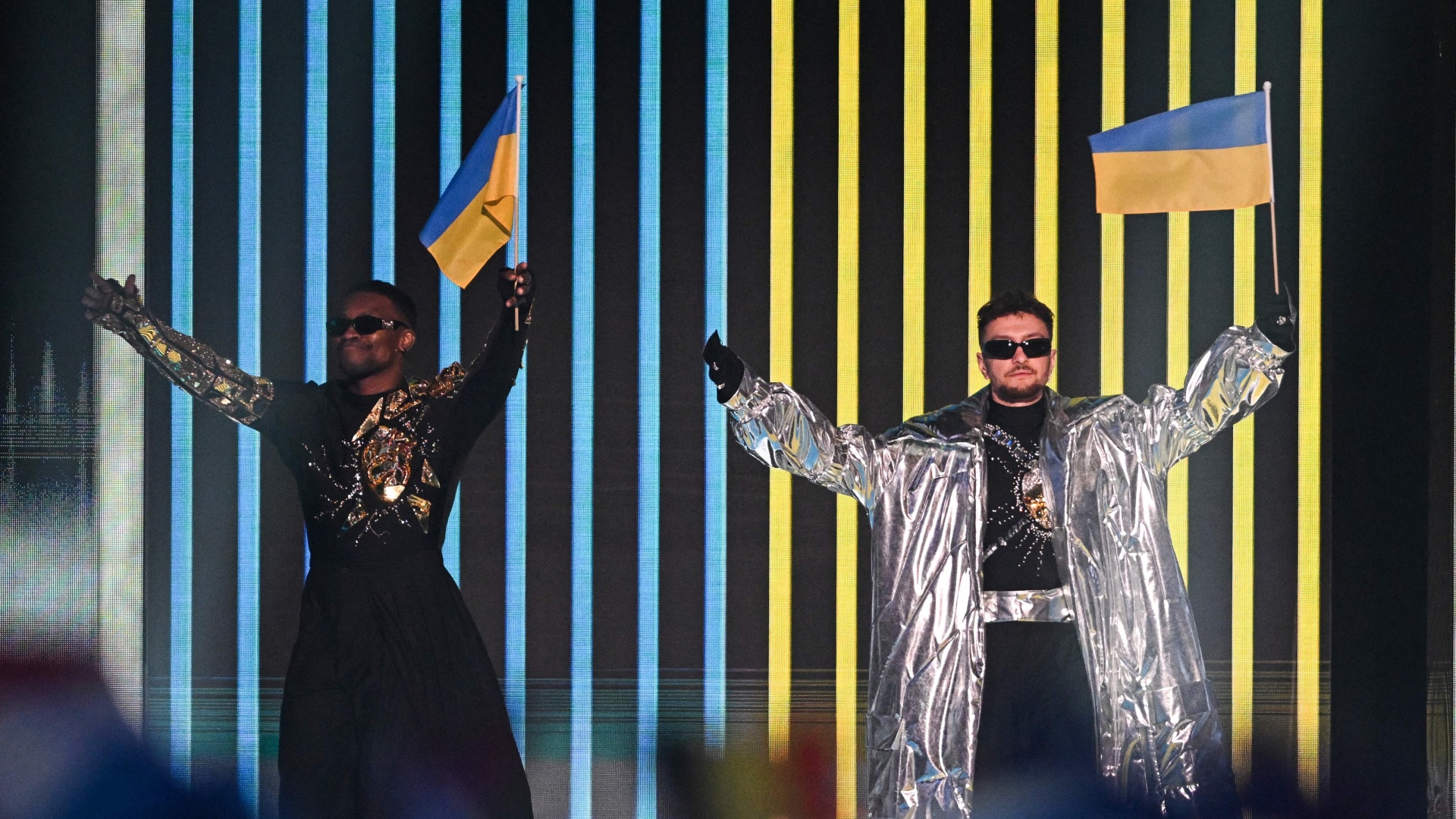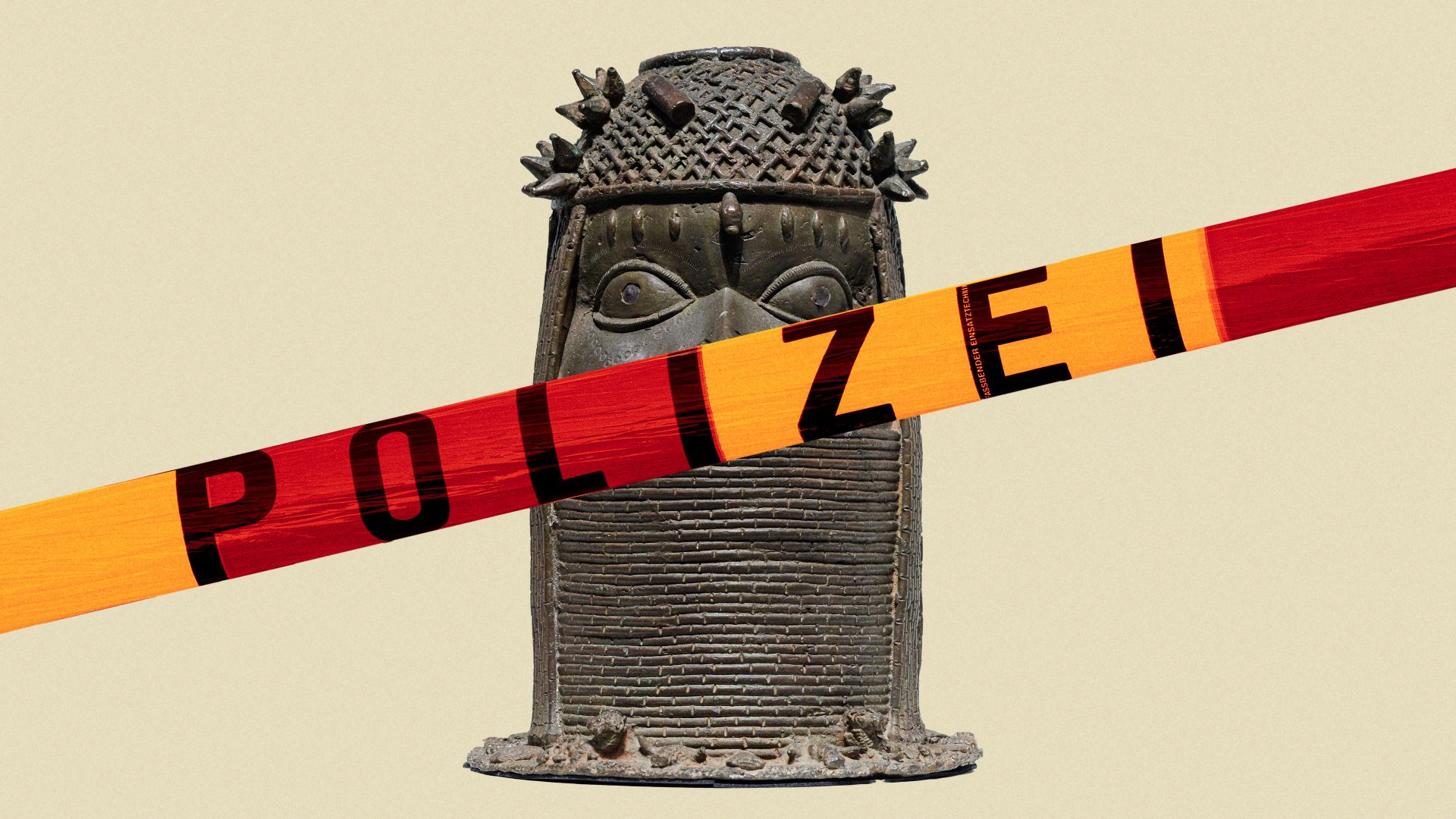Some felt it was all a conspiracy. As the jury vote sealed victory for Loreen at Eurovision last Saturday night, leaving popular-vote winners Finland in the dust, hosting duties for next year were conveniently handed over to Sweden just in time for the 50th anniversary of ABBA’s win with Waterloo.
But this drama over rightful winners paled into insignificance given that Russian rockets were being launched on Kyiv at the very moment the show was going on, and this year’s contest turned out to be the ultimate stress test of the European Broadcasting Union’s strict rules about the non-political nature of the event, raising questions about its future.
The organisers undoubtedly had a tough gig (how do you throw a party for a nation at war?), but Volodymyr Zelensky not being allowed to address the contest felt like a misstep, and nobody risked a cry of “Slava Ukraini!” from the stage, instead adopting the omertà Eurovision demands – a European nation is burning, but please don’t mention it.
Sanitised, self-congratulatory support for “plucky Ukraine” was the order of the night. This probably rallies the public to the cause more than speaking out in specific terms of bombings and war crimes, but by the time we got to the smug benevolence of You’ll Never Walk Alone it was difficult not to think of those under fire who would, without hesitation, swap well-meaning encouragement to “walk on with hope in your heart” for a squadron of F-16s.
Yet two acts offered a welcome window on reality. Ukrainian entry Tvorchi’s blue and yellow staging for their Heart of Steel, a song inspired by the heroic defence of the Azovstal steelworks during the siege of Mariupol, radiated defiance. They had qualified to represent Ukraine during heats held in the Kyiv metro for safety from the air attacks – they knew what they were singing about.
That proximity to the grim reality was compounded minutes before Tvorchi went on stage, as they heard that their home town of Ternopil was being bombed, quite possibly deliberately targeted because of their Eurovision appearance. As the pair held up a hastily written sign reading “TERNOPIL” during the telephone voting, it was the night’s only genuinely, spontaneously poignant moment. The reality of the war just could not be held back by article 2.7.1 of the rules of the contest: “Non-political event”.
Meanwhile, it was left to the most ostensibly absurd act of the contest to actually address the elephant in the room. Croatia’s Let 3, a veteran satirical act founded in the underground punk scene of communist Yugoslavia, were hardly going to present something anodyne, given their long history of obscenity-littered songs lampooning conservative nationalist values, and the fact they were done up as drag-wearing generals. Their MAMA ŠČ! was a critique of militarism that sang about “a little vile psychopath” and tractors (Alexander Lukashenko of Belarus gave Vladimir Putin a tractor for his 70th birthday last year).
Croatia were clearly sailing incredibly close to the wind in terms of the EBU rules, but as they brought two large pyrotechnic-spurting missiles on stage as the rockets were falling on the other side of Europe, it felt like truth had finally broken free. With the contest, founded in the aftermath of the second world war, never having faced anything of the gravity of the Ukraine conflict in its 67-year history, the political genie may now be out of the bottle.




